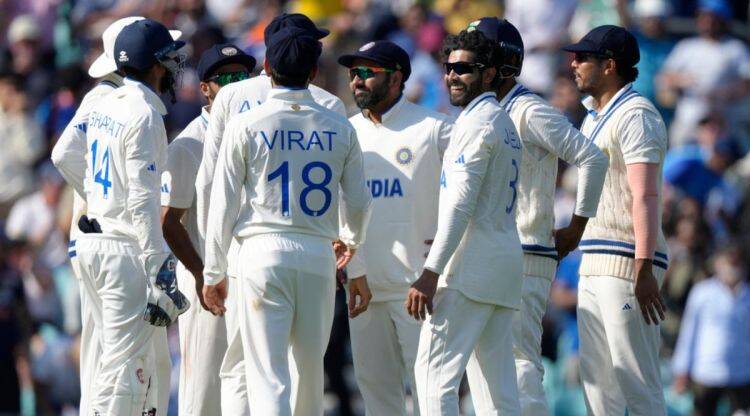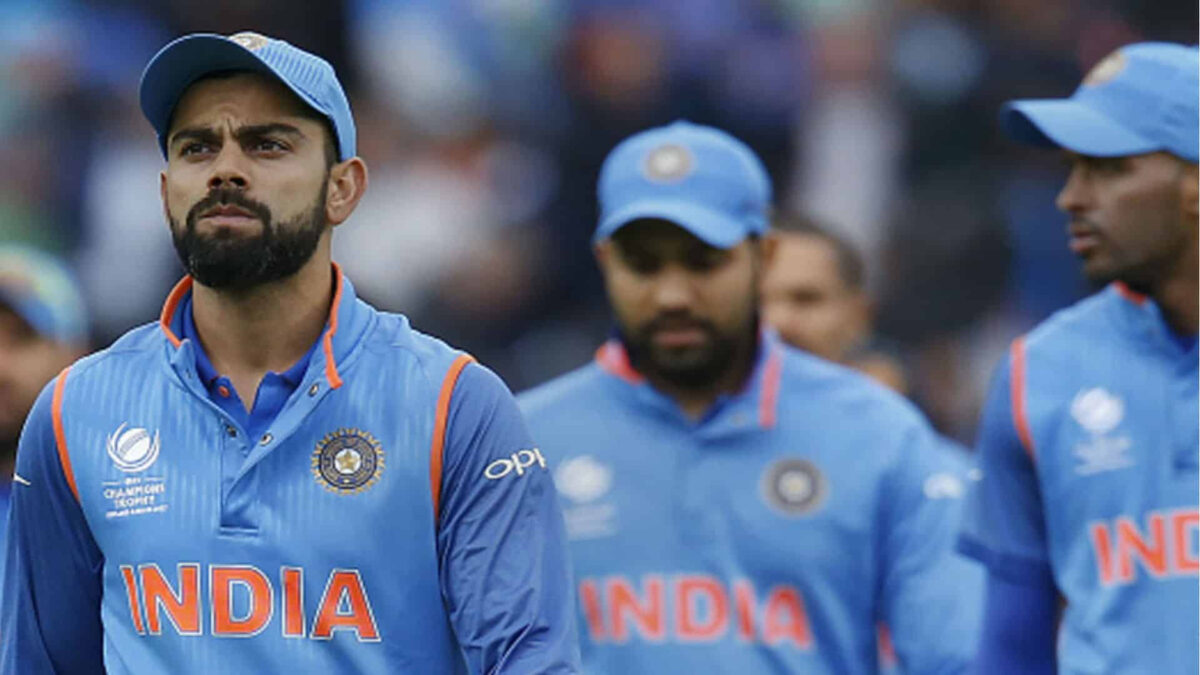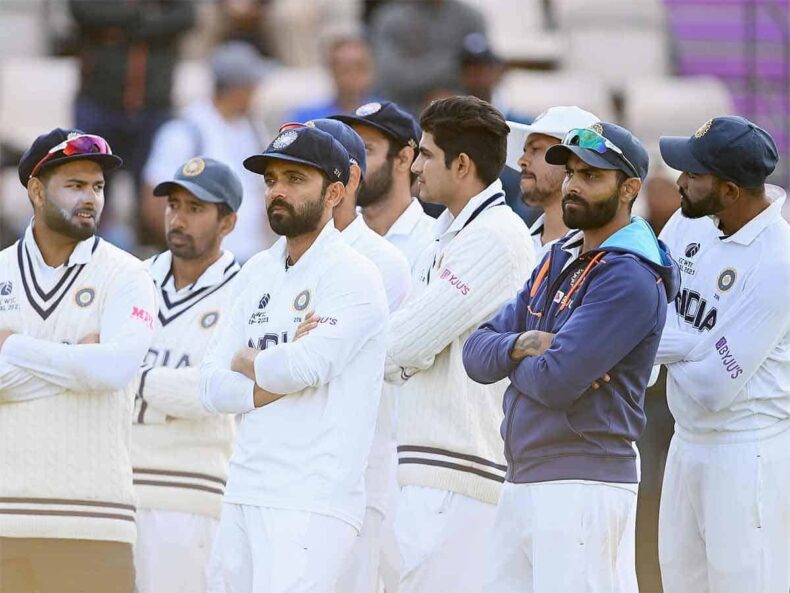Introduction:
India’s recent series of failures in knockout matches have raised concerns among cricket enthusiasts and experts alike. Despite being a dominant force in the cricketing world, the Indian team has faced repeated disappointments in crucial encounters. In this article, we delve into the reasons behind India’s struggles in World Cup knockouts and explore the various perspectives on this issue.
Inconsistency Under Pressure:
One major factor contributing to India’s difficulties in knockout matches is the team’s inconsistency under pressure. While India has displayed exceptional skills and performances throughout the tournament, the added stress of knockout matches often leads to a loss of composure. This inconsistency in handling crucial moments has resulted in heartbreaking defeats, leaving fans and experts questioning India’s mental toughness in high-stakes encounters.

Lack of Big-match Temperament:
Another aspect that has been highlighted is the team’s perceived lack of Big-match temperament. Some experts argue that Indian players succumb to pressure and fail to deliver their best performances when it matters the most. The inability to handle the intensity of knockout matches has led to crucial mistakes, missed opportunities, and ultimately, the team’s downfall.
Deficiencies in Planning and Execution:
Critics also point towards deficiencies in planning and execution during crucial matches. The ability to adapt to changing game situations and make effective decisions under pressure is vital in knockout games. In some instances, India’s strategies and tactics have been called into question, as they have failed to counter the opposition’s strategies effectively. This lack of adaptability and tactical awareness has cost India dearly in pivotal moments.
Mental and Emotional Burden:
The mental and emotional burden of high expectations may also play a role in India’s struggles. As one of the cricketing powerhouses, the pressure to perform exceptionally well in major tournaments is immense. The weight of these expectations can impact players’ confidence and hinder their natural game. The need to strike a balance between confidence and composure in high-pressure situations is a challenge that the team continues to grapple with.

Learning from Setbacks:
Despite the recurring disappointments, it is crucial to recognize that failure is a part of any sporting journey. The Indian team, along with its management, needs to introspect and learn from these setbacks. Identifying areas of improvement, enhancing mental resilience, and implementing effective strategies for knockout matches can help overcome these challenges.
Conclusion:
India’s string of failures in World Cup knockouts is undoubtedly a concern that requires careful analysis and introspection. While there are several factors at play, including inconsistency under pressure, a perceived lack of big-match temperament, deficiencies in planning and execution, and the mental and emotional burden of expectations, the team must learn from these setbacks and emerge stronger in future tournaments. With the right mindset, preparation, and execution, India can aim to overcome the hurdles and achieve success in crucial encounters.













